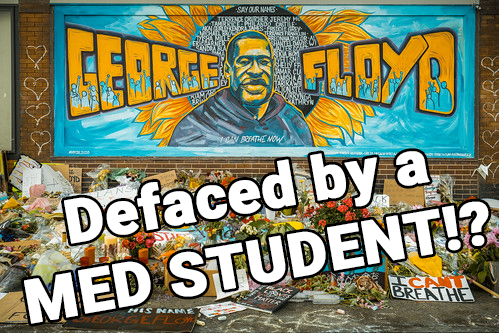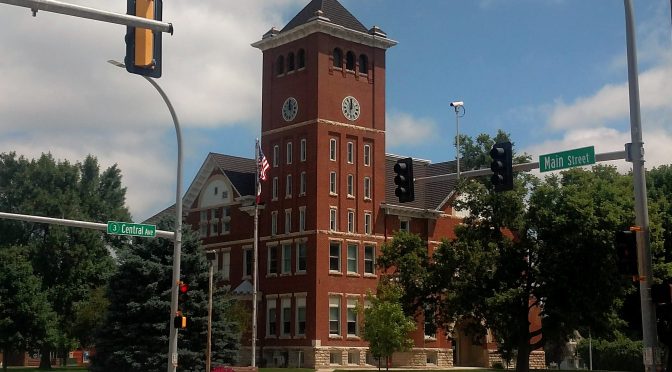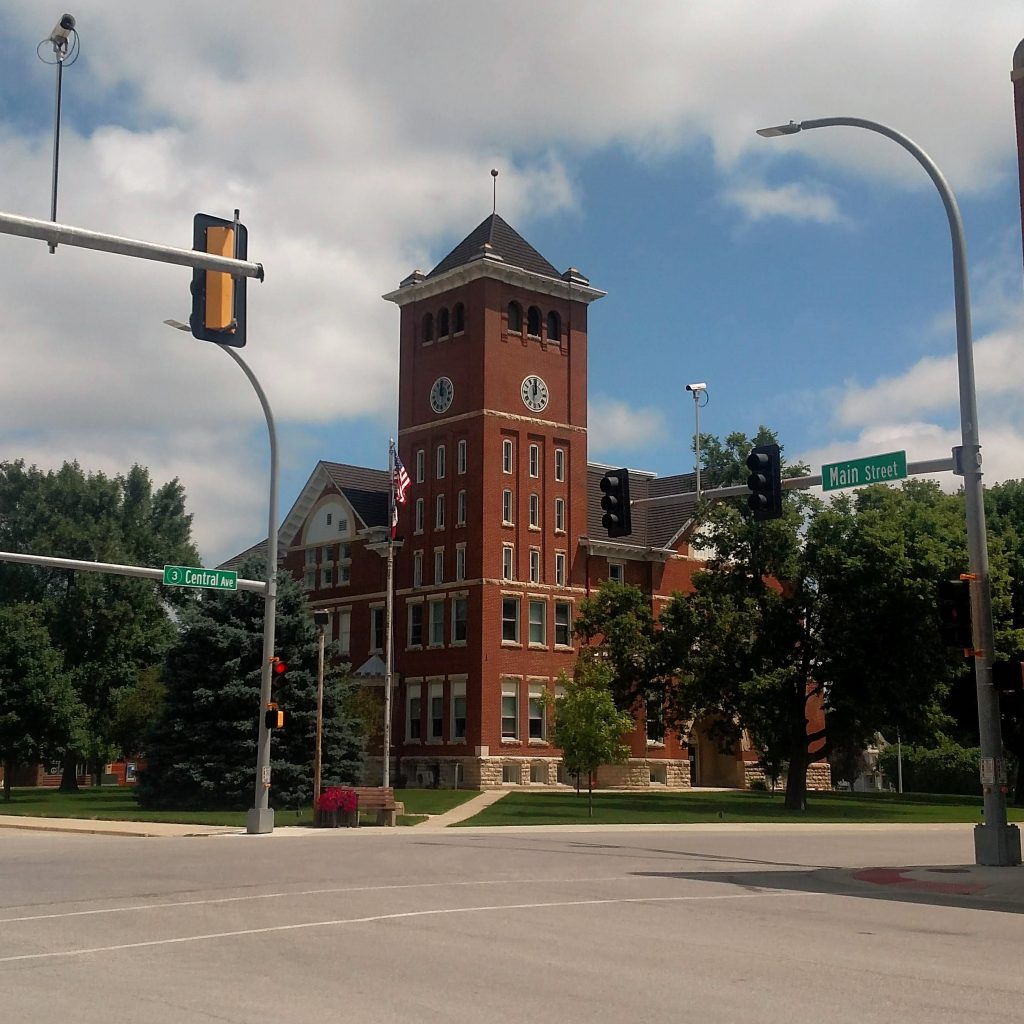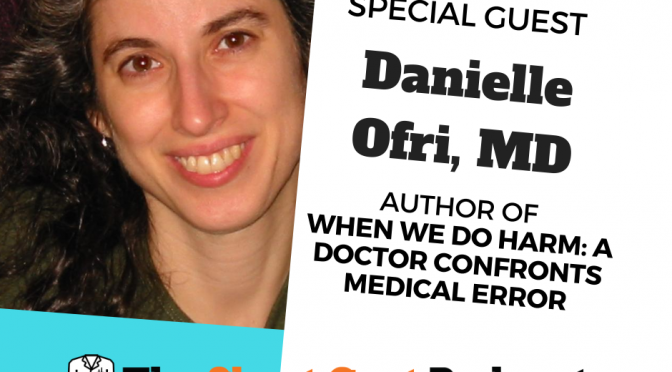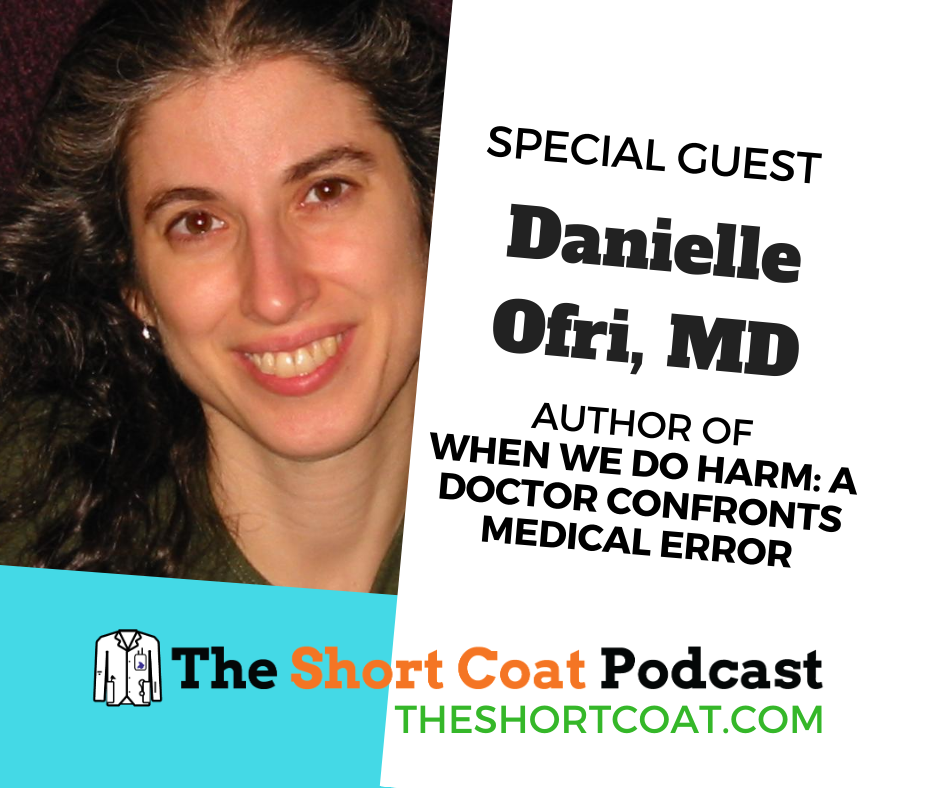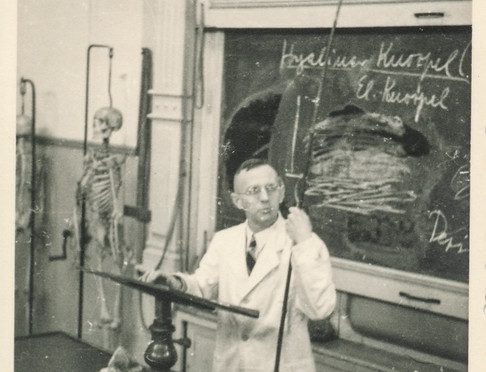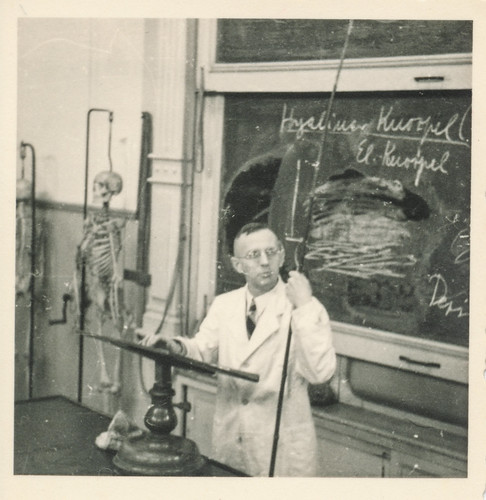Podcast: Play in new window | Download (Duration: 1:08:45 — 94.5MB)
Subscribe: Spotify | RSS | More
Does a physician need to know everything about healthcare, even the *shudder* money stuff?


[Dave was out of the office on recording day last week, so enjoy this rerun!]
Physicians go through years and years of school to be great at this calling, so why on earth would anyone want to tack on an MBA, too? Co-host Gabe Conley decided to do just that. He’s been thinking about this for a while, but hadn’t pulled the trigger on the idea. Then, as he was about to become a fourth-year medical student, SARS-COV-2 came along and gave him a nudge in the right direction. Gabe explains why he thinks it’s vital to understand business principles as a physician–and it’s not just to make more money.
And Dave prompts Gabe and his fellow co-hosts Aline Sandouk, Brandon Bacalzo, and Madi Wahlen to answer some conversation starters. As a result, some conversations were started and we all learned a thing or two.
We Want to Hear From You
How’d we do on this week’s show? Did we miss anything in our conversation? Did we anger you? Did we make you smile? Call us at 347-SHORTCT anytime or email theshortcoats@gmail.com. It’s always a pleasure to hear from you!




